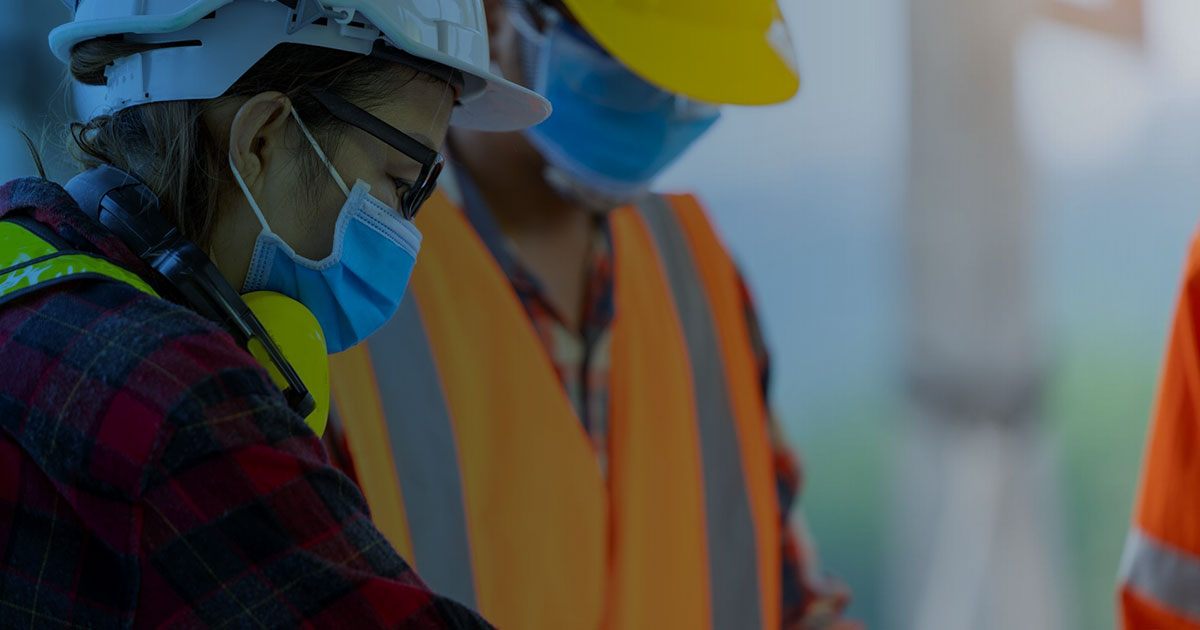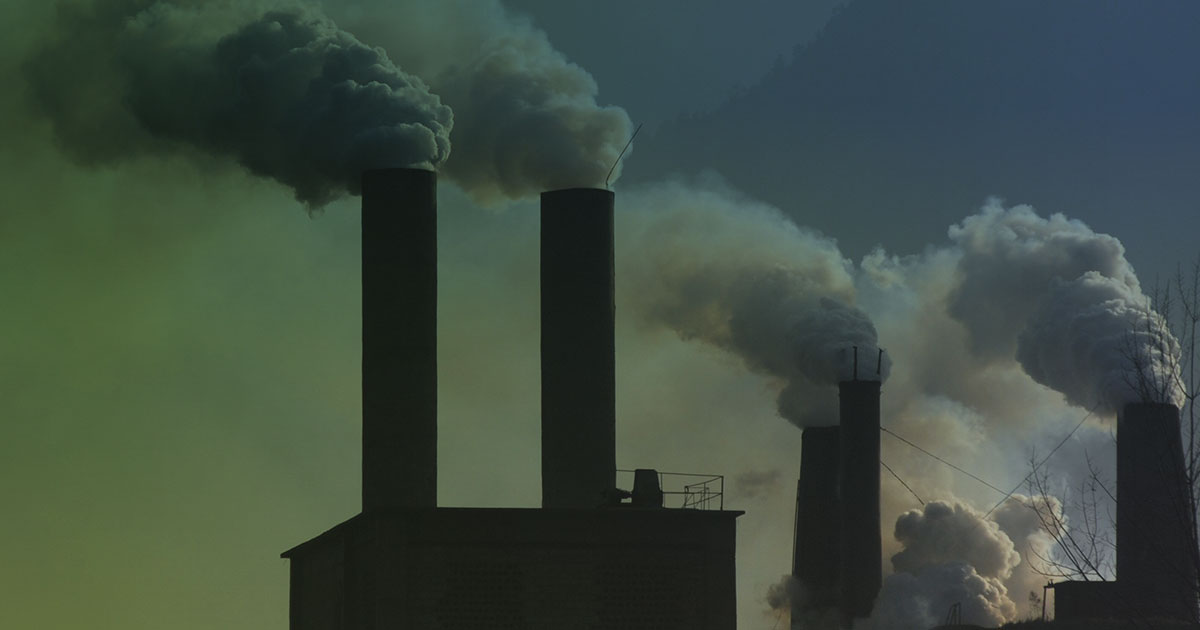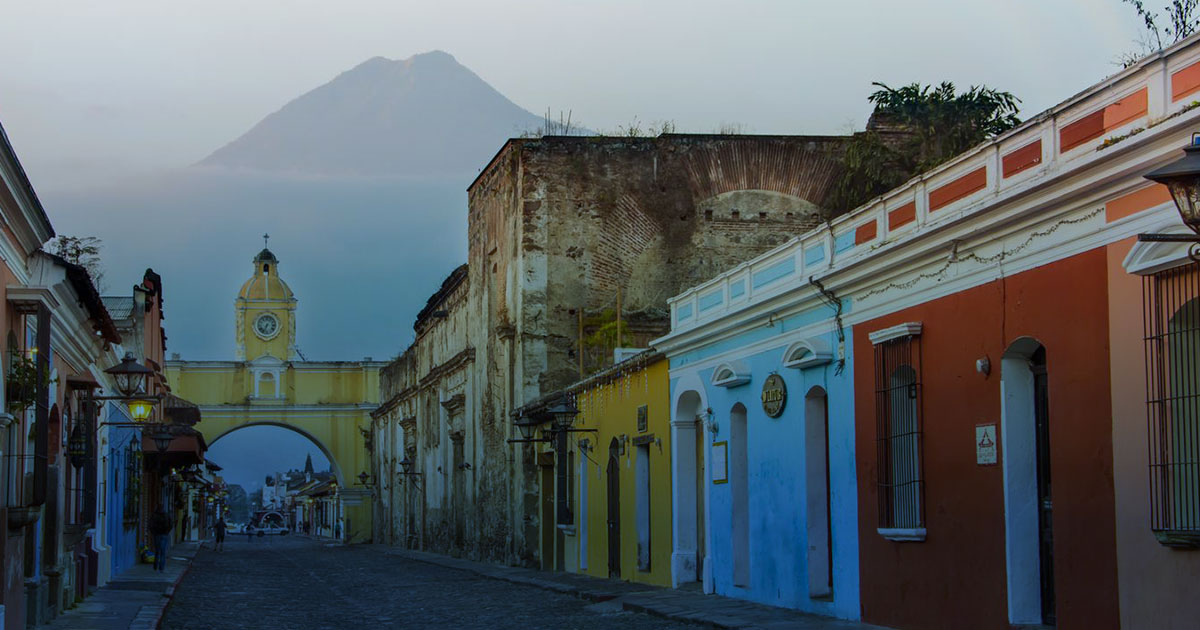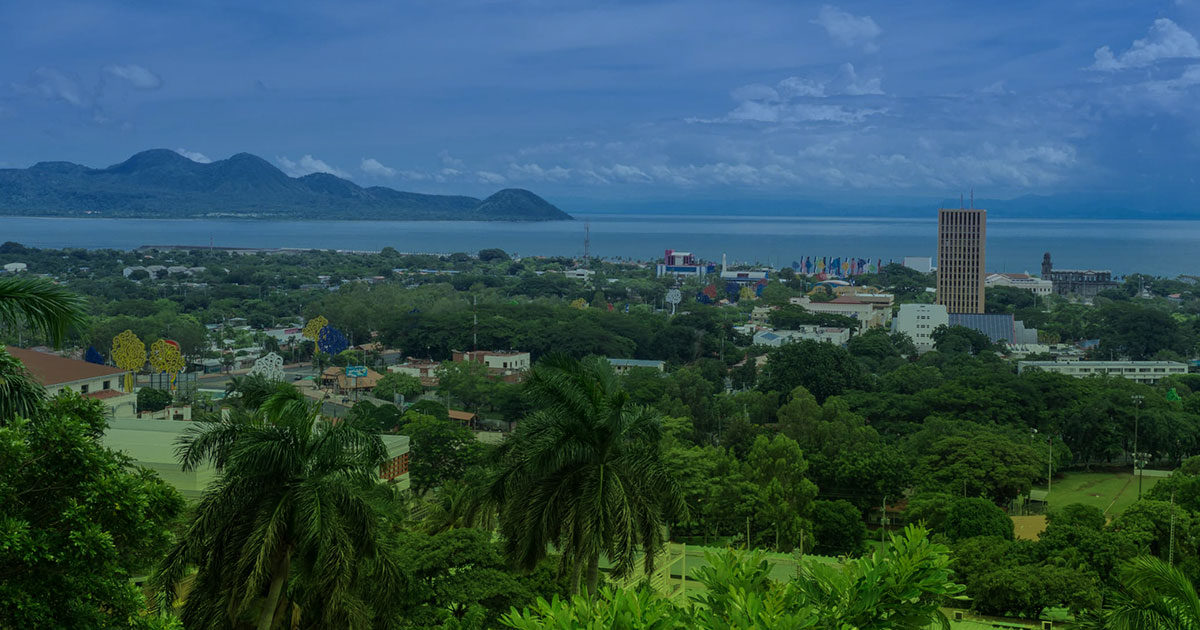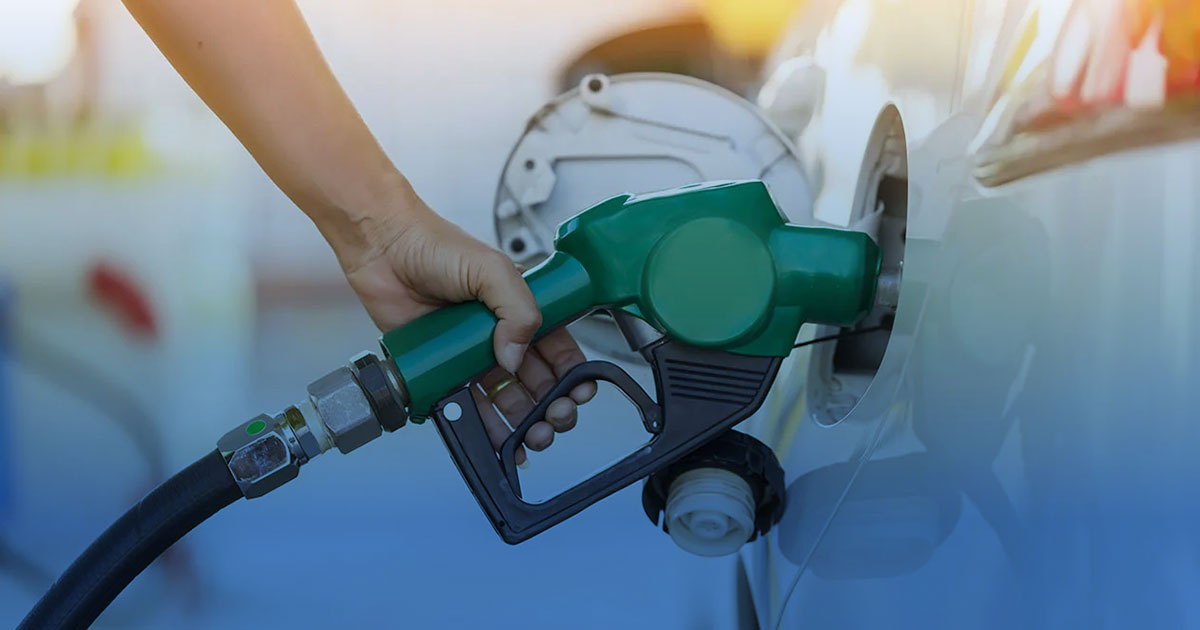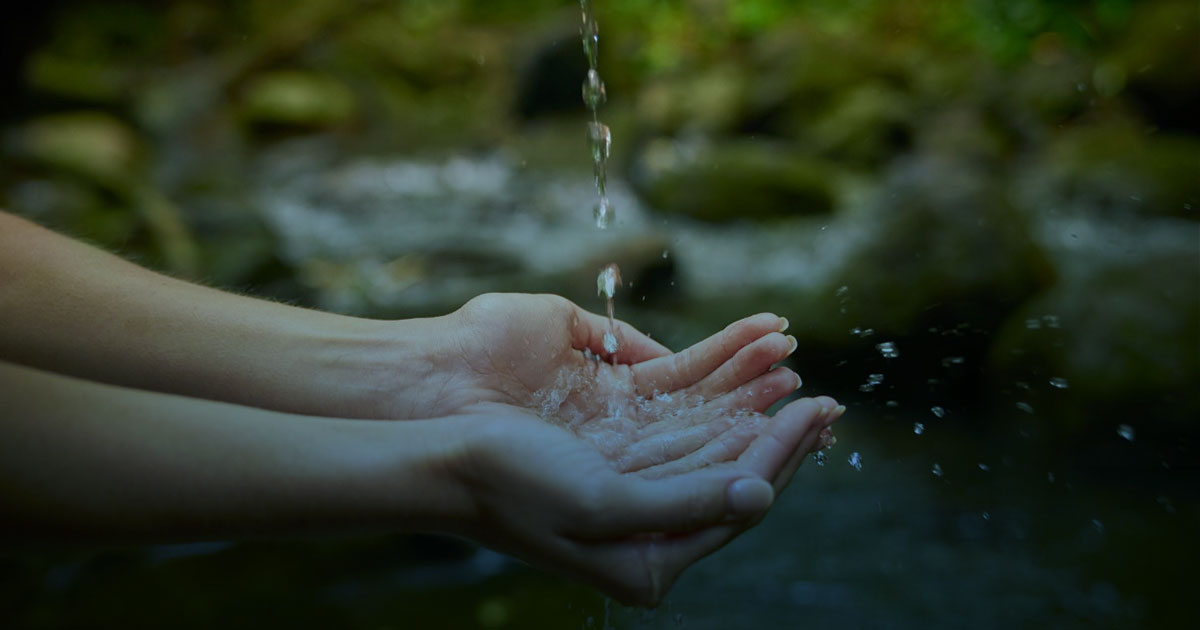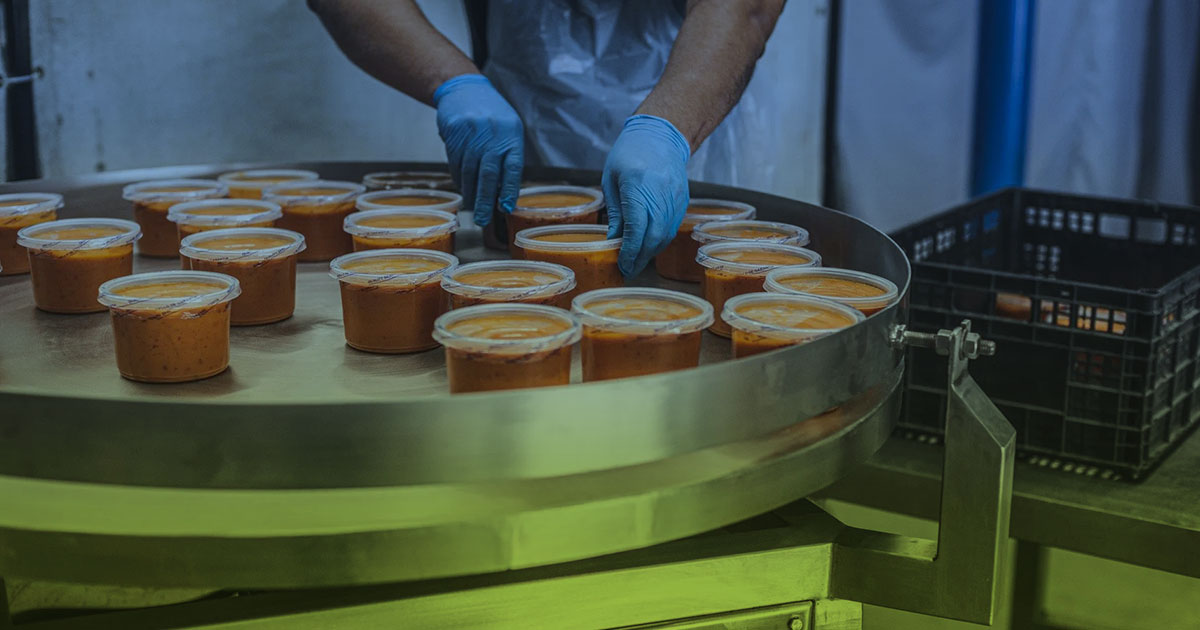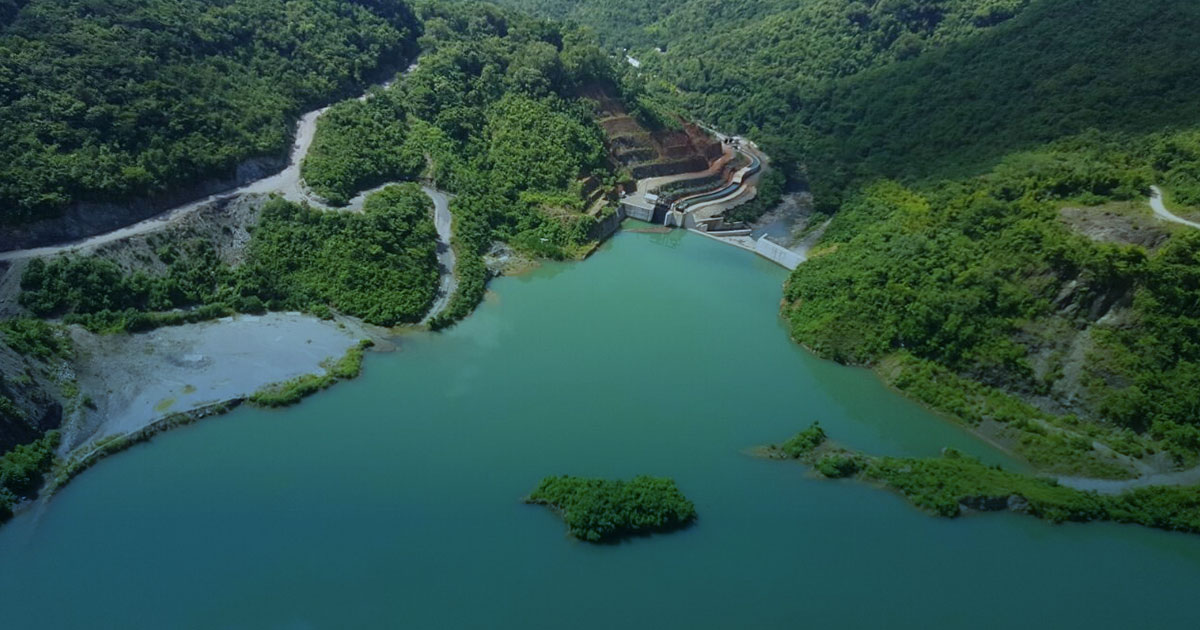Occupational health and safety is an issue that has become very relevant in companies today due to the Pandemic that the entire world is experiencing. Due to the Coronavirus (COVID-19), we have had to transform the way we work to prevent the spread and contagion of the virus. In terms of Occupational Health and Safety, the Government of the Republic of Honduras has issued different laws and protocols to prevent the spread and infection in the workplace.
On March 16, 2020, Executive Decree Number PCM-019-2020 was published in the Official Gazette, which approves the Hygiene and Safety Protocol for the Prevention of COVID-19 in work centers and states that it is mandatory. compliance by employers and workers at the national level. Failure to comply with the provisions of the Protocol by an employer will lead to an administrative sanction provided for in the Labor Inspection Law.
Decree PCM-019-2020 also establishes duties for workers, not only for employers. Workers have the duty to inform their employers if they have symptoms of the Coronavirus or any other similar symptom that compromises the respiratory tract prior to entering the workplace.
If symptoms appear in the worker, they are obliged to immediately carry out a laboratory test to check or rule out the spread of COVID-19. The result of this examination must be notified to the employer so that he can take the necessary measures in case the contagion is confirmed.
The Safety and Hygiene Protocol for Work Centers at the National Level in Prevention of COVID-19 establishes measures aimed at workers and employers for the prevention and control of COVID-19, these measures are the following:
- Handwashing with soap and water on a recurring basis, for these purposes, each employer must structure a guide for correct handwashing and its frequency, according to the economic activity of each company.
- The employer is obliged to provide its workers with prevention and hygiene supplies in the workplace, such as hand gel, antiseptic liquid soap, gloves, personal protective equipment and masks when appropriate and any other instructed by the safety authorities. Government.
- Frequently use gel that contains 70% alcohol or another disinfectant promoted by the Ministry of Health, before entering the facilities of your work center, as well as in your different areas or jobs.
- In the cases indicated by the Ministry of Health, by virtue of the type of work that is carried out and implies direct and permanent contact with people infected with COVID-19, they must use gloves, eye protection glasses, clothing and a mask, when removing the aforementioned equipment, internal contact must be avoided, manipulation of the same to avoid the passage of the virus from the hands to the eyes, nose or mouth.
- Masks are permanently and mandatory for workers who present symptoms of COVID-19 and people who have direct contact with them. Once discarded, they must be deposited in garbage containers in a safe way, with a lid that can be opened with a pedal.
- Avoid being in places with poor ventilation and with people who have any symptoms such as: sneezing, coughing and a temperature greater than 38 degrees.
- Maintain greater cleaning hygiene and the use of gel, soap and water in the toilets.
- Give talks to workers regarding the prevention of the spread of COVID-19.
- Establish monitoring, control and follow-up mechanisms so that workers who present symptoms and/or are infected from the contracting companies that provide services to the companies, whether permanent or temporary, do not enter the workplace, and can be treated in a timely and as required by law.
The Ministry of Labor, together with the Ministry of Health, to date have issued twenty-seven Biosafety Protocols due to the COVID-19 Pandemic for Work Centers in different sectors of the economy. All protocols have general measures that are mandatory, regardless of the industry to which the establishment belongs. The general measures for all industries are as follows:
- Distancing or isolation of people:
Awareness about maintaining the recommended safety distances between people (between 1.5 and 2 meters).
- Respiratory etiquette rules.
They are a set of recommended measures to prevent respiratory transmission of biological agents. The measurements are:
– Cough and sneeze covering the nose and mouth with the inner angle of the flexed elbow (elbow fossa or cubital).
– Use disposable handkerchiefs or towels, and discard them after use.
– Deposit disposable tissues or towels in containers for this purpose, with pedal lids.
– Avoid touching your nose, mouth and eyes unnecessarily.
– Wash and disinfect your hands before and after touching your nose, mouth and eyes.
– Wash your hands frequently, especially when you have manipulated objects or had contact with surfaces.
– Talk while maintaining safety distances, especially when done with people with respiratory symptoms.
– Avoid coming into contact with suspicious people or with respiratory symptoms and signs.
– Avoid places or spaces with crowds of people.
– Inform and seek medical help if respiratory symptoms or signs appear or if you have been in direct contact with suspicious persons or with respiratory symptoms.
– Inform about the presence of suspicious people or people with respiratory symptoms, especially in workplaces and workplaces.
iii. Hand washing:
Training on the proper technique for hand washing.
In general, the technique established by the World Health Organization (WHO) is recommended. The minimum duration is one (1) minute:
– Wet hands with soap and water.
– Lather the palm, the back, between the fingers and the nails very well.
– Rinse the soap residue well and if necessary, repeat the process.
– Properly dry your hands with a paper towel.
Washing and disinfection must be frequent, while they carry out their work activity. The frequency must be established according to the type of activity.
Training on the appropriate products for washing and disinfecting hands (soap and water, alcohol with glycerin, alcohol gel).
These products must be supplied by the responsible person or the employer. Centers and workstations must have handwashing facilities that have soap and water, alcohol gel or glycerin dispensers.
Hand washing will be mandatory, before putting on the PPE and after removing it. When hands are visibly clean, hand hygiene will be done with alcohol-based products; if they are dirty or stained, it will be done with water and antiseptic soap. The use of gloves never exempts from carrying out a correct washing of the hands after their removal. Nails should be short and well groomed.
Washing or disinfecting your hands should be a necessary measure in the following situations:
– After coughing or sneezing.
– Before and after touching or blowing your nose.
– Before and after using any means of transport, especially if it is collective or public.
– Before and after visiting public places.
– Before and after handling objects, solid or liquid waste, money.
– Before and after touching animals or people.
– Before and after eating.
– Before and after using the toilets.
– Before and after completion of the work.
– During the performance of the work, the frequency will depend on the workplace and the type of activities and tasks that are carried out. It will be defined in each organization or work center.
- Cleaning and disinfection of objects and surfaces.
The procedure for cleaning and disinfecting objects and surfaces related to the worker will be carried out in accordance with the usual way of cleaning and disinfecting the workplace. Ensuring that the frequency is related to their use.
After cleaning and disinfection, they must be free of moisture. For cleaning and disinfection, towels with disinfectant, soap and water or the detergents and disinfectants that are usually authorized for this purpose (with a virucidal effect) can be used, and disposable textile material will be used for the surfaces. General cleaning will always be done wet, from the cleanest areas to the dirtiest, from the inside out.
The following measures should also be considered:
- The use of brooms in high-risk areas should be avoided as much as possible.
- Double cube techniques will be used.
- The material used that is disposable, will be placed in a waste container with a lid and labeled with the precise warnings. Surfaces must be cleaned with solutions recommended by international organizations and proven effective against Sars-CoV-2. Among the recommendations are:
- For personal items (screens, phones, tablets)
- Use at least 70% alcohol solution, spray and air dry or wipe with a cloth and air dry.
- For work surfaces, floors, walls, doors, desks and other surfaces:
- Use a household bleach solution (5%) diluted as follows: Four teaspoons of bleach per liter of water, spray or rub in and leave for at least 10 minutes.
- Use quaternary ammonium at 5% dilution, follow the instructions of each supplier for its dilution in case it is more concentrated. Wait at least 10 minutes for it to act.
- Use commercial use hydrogen peroxide at 3% and let it act for at least 5 minutes.
- For any product used to clean surfaces and disinfect SARS CoV-2, the indications for use should be consulted, since the concentration of the active components may vary from industrial to domestic presentation and from brand to brand.
- Handling and use of Personal Protection Equipment.
Training on the use and handling (putting on and taking off) of PPE. Single-use or disposable PPE must be disposed of under established standards to avoid cross-contamination of other sites, objects, products, or surfaces.
saw. Health and safety system operation:
In the organizations or work centers where the Joint Hygiene and Safety Commission is formed and in operation, it must play a fundamental role during the implementation of the measures for SARS CoV-2. It is essential that a surveillance and control system be established on compliance with and compliance with all the measures, guidelines, standards, orientations and others that are available within the organization or work center. Organizations or work centers that have health care services must take extreme measures to detect suspects and patients. Health personnel must be duly trained to approach people suspected or sick by SARS CoV-2 according to the protocols and standards established in the country and failing that,
vii. Health or epidemiological surveillance:
If the organization or work center has a surveillance program or plan, it must consider the necessary measures to adapt it to the regulations and guidelines that guarantee constant communication with the responsible authorities and institutions. If the organization or workplace does not have surveillance strategies, constant communication with the responsible authorities and institutions must be guaranteed. In any case, the organization or work center must maintain a direct communication mechanism for immediate notification of suspected cases.
On May 23, 2020, the National Congress approved the Law on the Mandatory Use of Masks and Application of Biosafety Protocols. The Law establishes the mandatory use of masks or mouth covers (whether homemade, artisanal or industrial that covers the nose and mouth) for all people, without exception, who wander the streets throughout the national territory or who attend public or private places with more than five people in the same space.
The sanction for not wearing the mask or mouth cover is the application of a fine of Two Hundred Lempiras (L. 200.00) or the obligation to carry out community work for six hours, in case of being a repeat offender, they will be detained for twelve hours.
Biosafety Protocols
The Secretary of Labor and the Secretary of Security were authorized to temporarily cancel the operation of any establishment for not applying the Biosafety Protocols. The reopening will be done once it is authorized by the Secretary of Labor or the Secretary of Security, having corrected the infractions that gave rise to the closure. The Law is valid until the end of the Coronavirus Pandemic.
The person responsible for complying with biosafety protocols in companies is the Joint Hygiene and Safety Commission. Any company with more than ten employees is required to set up a Mixed Hygiene and Safety Commission. We recommend that you verify that the Commission is constituted in your company and that it is in force, otherwise, you must request the constitution in the Secretary of Labor when restarting work.
The Biosafety Protocols approved to date are those of the following industries:
- Government Offices and Customer Service Centers
- Maquila Sector
- Hardware Industry
- Automotive Maintenance Workshops for Supply Chain
- Restaurant and Cafeteria Industry
- Construction Sector
- Supermarket Industry
- Meat Sector (Beef and Pork)
- Sugar Industry
- Financial sector
- Poultry Sector
- Household Items Wholesalers
- Soft Drinks and Beverages Sector
- Insurance Sector
- Patisseries and Bakeries
- Agricultural sector
- Tobacco Sector
- Supply Chain
- Call Centers
- Squares and Shopping Centers
- Petroleum Products Distributors
- Hairdressers and Barbers
- Religious Practices and Activities
- Dairy Sector
- Pharmacy Industry
- Forest Sector
- Telecommunications Companies
If you wish to download the specific Biosafety Protocol for your industry, go to the following link: http://www.trabajo.gob.hn/protocolos-de-bioseguro-en-los-centros-de-trabajo/
